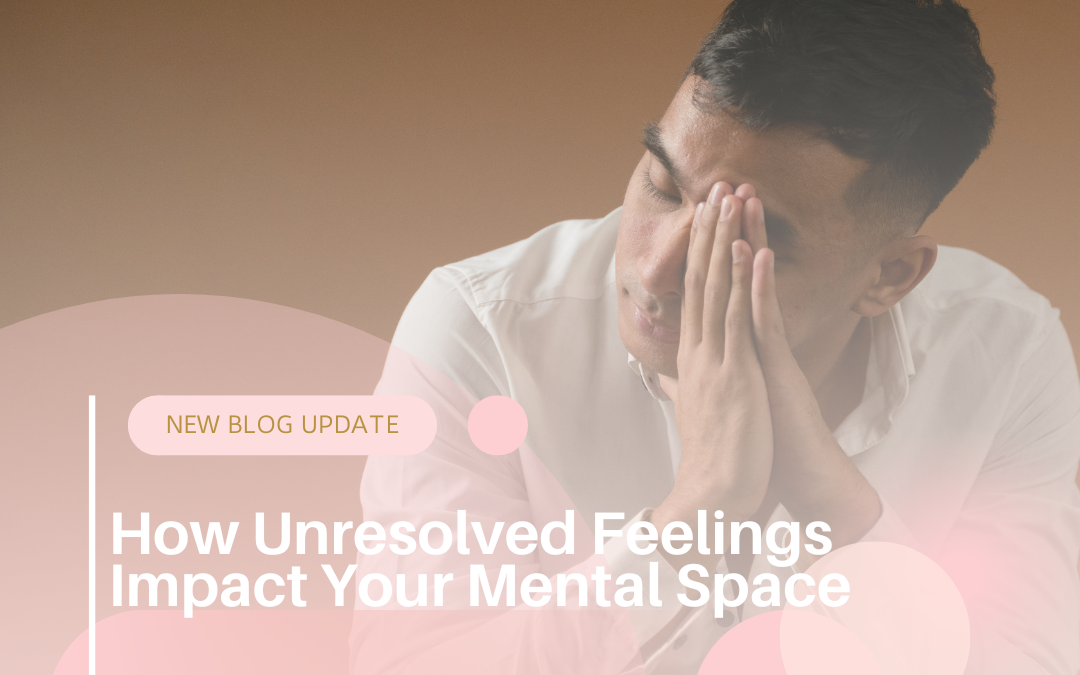We often think of clutter as a physical mess, but emotional clutter—unresolved feelings, lingering regrets, and unspoken emotions—can be just as overwhelming. Like an overstuffed closet, a cluttered mind can lead to stress, anxiety, and difficulty moving forward.
What Is Emotional Clutter?
Emotional clutter consists of unprocessed grief, resentment, regrets, and worries that take up mental space. It can manifest as:
- Constantly replaying past mistakes
- Feeling mentally exhausted despite resting
- Struggling to focus or make decisions
- Avoiding certain people or situations due to past pain
If left unchecked, emotional clutter can drain energy, impact relationships, and keep us stuck in unhealthy patterns.
How to Declutter Your Emotional Space
1. Identify What’s Weighing You Down
Reflect on what emotions keep resurfacing. Journaling or self-reflection can help uncover unresolved feelings.
2. Let Go of What No Longer Serves You
Holding onto resentment and regret only adds weight to your emotional load. Practicing forgiveness—toward yourself and others—can be freeing.
3. Set Boundaries
Protect your mental space by setting limits with people or situations that cause unnecessary stress.
4. Express Suppressed Emotions
Talking to a trusted friend, therapist, or even writing things down can help you release feelings you’ve been holding in.
5. Practice Mindfulness and Rest
Meditation, deep breathing, and taking intentional breaks can create mental clarity and reduce emotional overload.
6. Declutter Your Physical Space
A clutter-free environment can have a surprising impact on mental clarity and emotional well-being.
Final Thoughts: Make Room for Peace
Just like clearing a messy room brings relief, decluttering your emotional space allows you to feel lighter, calmer, and more present. Letting go isn’t always easy, but creating space for peace and healing is always worth it.
Start small—address one piece of emotional clutter today. Your mind deserves the clarity.


Recent Comments